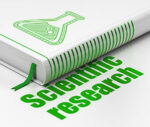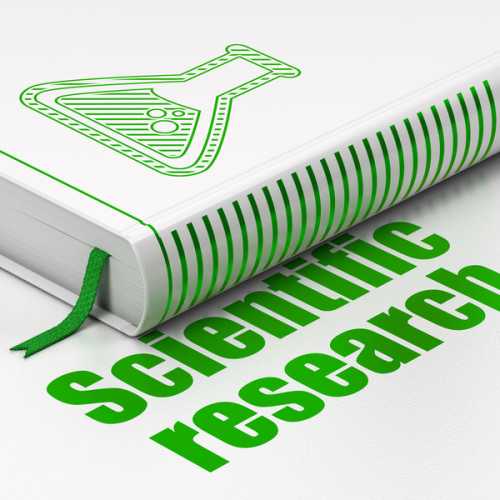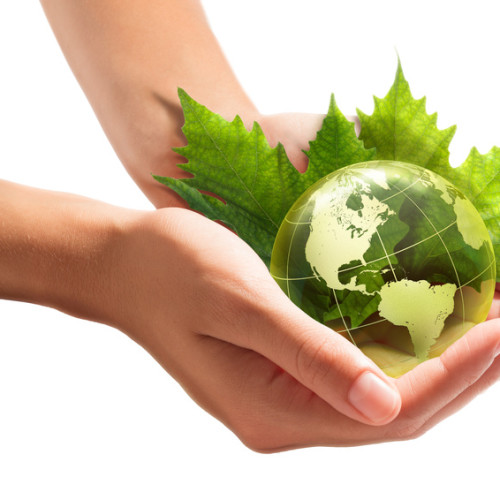
The US faces a national health emergency. Nearly 90% of health care spending goes toward treating chronic disease, much of it linked to diet and lifestyle. More than 70% of American adults are overweight or obese, and nearly 1 in 3 adolescents has prediabetes. In this context, U.S. Department of Health and Human Services Secretary Robert F. Kennedy, Jr. and U.S. Department of Agriculture Secretary Brooke Rollins today released the Dietary Guidelines for Americans, 2025–2030, marking the most significant reset of federal nutrition policy in decades. The new Guidelines deliver a clear, common-sense message to the American people: eat real food.

ollowing the successful launch in 2022 of the French Gut project – the French microbiota project led by INRAE and AP-HP, which aims to collect and analyze stool samples from 100,000 volunteers by 2029 to map the microbiota of the French population – the French Gut Kids extension is going to focus on the gut microbiota in children aged from 3 to 17. How is it developed from birth? What roles do diet, lifestyle, and the environment play in its diversity? How is it transmitted from parent to child? These are just some of the questions this citizen science project seeks to answer in order to better understand and protect the health of younger generations.

On November 19, 2025, the Lancet launched a series of three articles on the consumption of so-called ultra-processed foods and their associations with chronic diseases. This series brings together evidence regarding the growth of ultra-processed foods in diets worldwide and highlights their association with numerous non-communicable chronic diseases. A group of scientists is calling on policymakers to take action to reduce the accessibility of these products.

A randomised controlled clinical trial on overweight or obese subjects has assessed ultra and minimally processed food based diets following the UK healthy dietary guidelines (Eatwell). After the 8-week intervention, the participants whatever the group have shown a significant weight loss compared with the baseline value. The weight loss was significantly greater in the minimally processed food group compared with the ultra-processed food group.

The 2025 edition of The State of Food Security and Nutrition in the World presents the situation with regard to key food security and nutrition indicators based on the latest available data, and also calls for global coordination and well-targeted, evidence-based, and country-led actions.

The HCSP recommends an overhaul of the PNNS strategic framework, with a name reflecting a broader scope that includes environmental sustainability, sleep, physical activity, and the fight against sedentary lifestyles for the development of the french PNNS 5 (2025-2030).

ANSES (National Agency for Food, Environmental and Occupational Health Safety) and Public Health France are launching the Albane study, which is a national survey that will track the health status of a representative sample of the French population over several years.

On January 30, ANSES published a scientific opinion on the health impacts of consuming ultra-processed foods. The agency concluded …

The Theme for World Microbiome Day 2024 is “Feed your microbes – How diet shapes your gut microbiome”